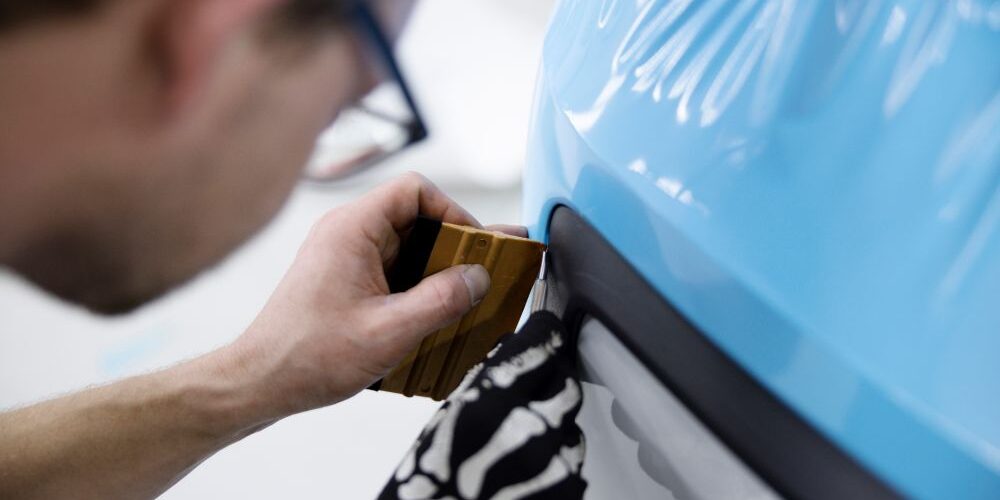When considering window tinting options for your vehicle, you’ll likely come across choices like ceramic tint and regular tint. Understanding the differences between these options can help you make an informed decision that suits your needs and budget.
Key Differences Between Ceramic Tint and Regular Tint
- Heat Rejection – Ceramic tint is known for its superior heat rejection properties compared to regular tint. It can block a higher percentage of infrared heat, keeping your vehicle cooler and more comfortable, especially during hot summer months.
- UV Protection – Both ceramic tint and regular tint offer UV protection, but ceramic tint typically provides better UV-blocking capabilities. This helps to reduce sun damage to your vehicle’s interior and protect your skin from harmful UV rays.
- Clarity and Visibility – Ceramic tint tends to have higher clarity and visibility compared to regular tints. It maintains a clear view both during the day and night, without causing distortion or haziness.
- Durability – Ceramic tint is more durable and resistant to fading compared to regular tint. It is less prone to bubbling, peeling, or discoloration over time, making it a long-lasting investment for your vehicle.
Cost Comparison
- Ceramic Tint – Due to its advanced technology and superior performance, ceramic tint is more expensive than regular tint. The cost of ceramic tint installation can vary depending on factors such as the size of your vehicle and the brand of tint chosen.
- Regular Tint – Regular tint is more budget-friendly compared to ceramic tint. While it may not offer the same level of heat rejection and durability as ceramic tint, it still provides UV protection and privacy benefits at a lower cost.
Choosing between ceramic tint and regular tint depends on your priorities and budget. If you prioritize superior heat rejection, durability, and clarity, investing in ceramic tint may be worth the higher upfront cost. If you’re looking for a more budget-friendly option that still offers UV protection and privacy benefits, regular tint may suffice. Consider your specific needs and preferences carefully before making a decision, and consult with a professional window tinting service provider for personalized recommendations.






